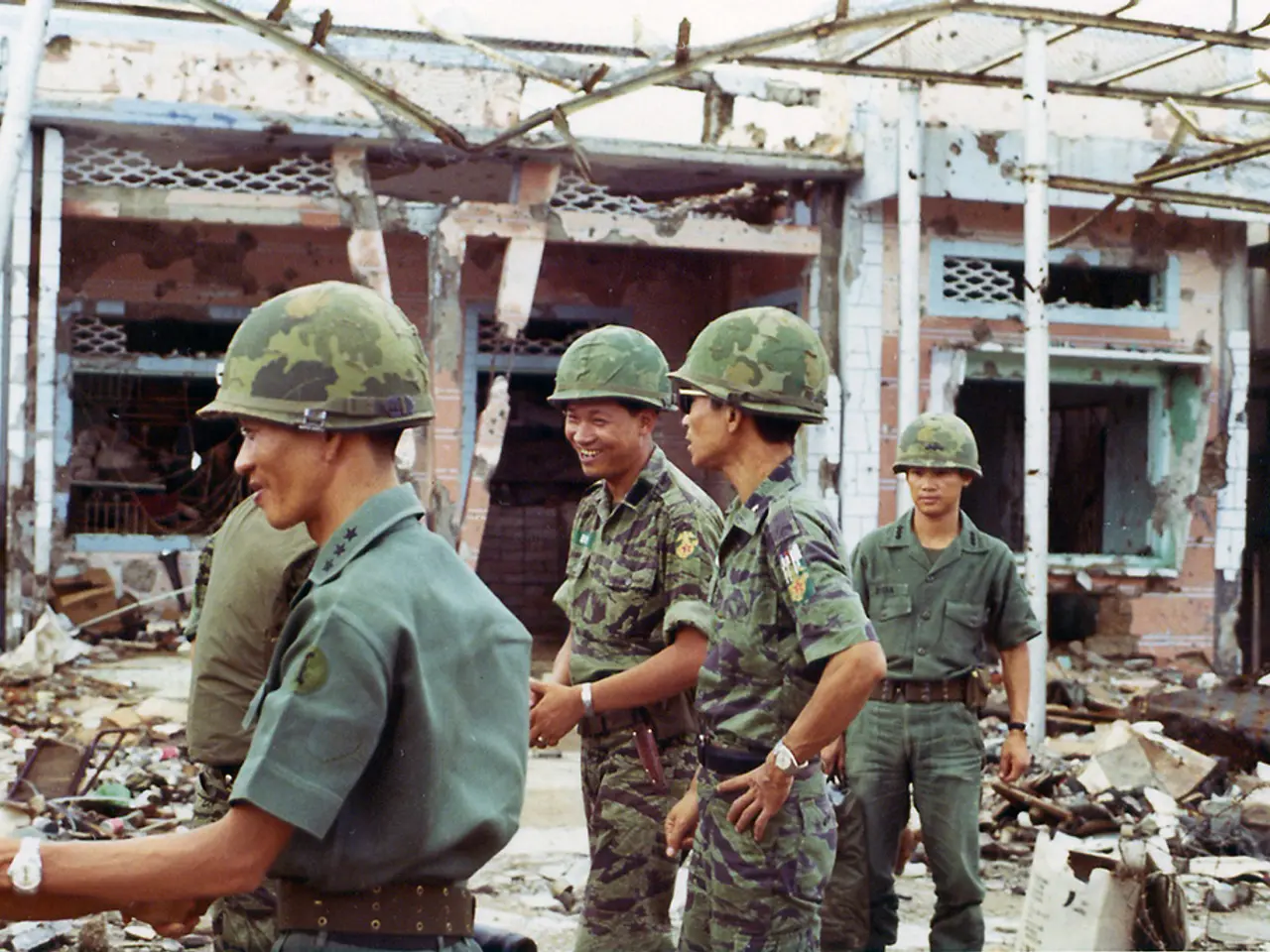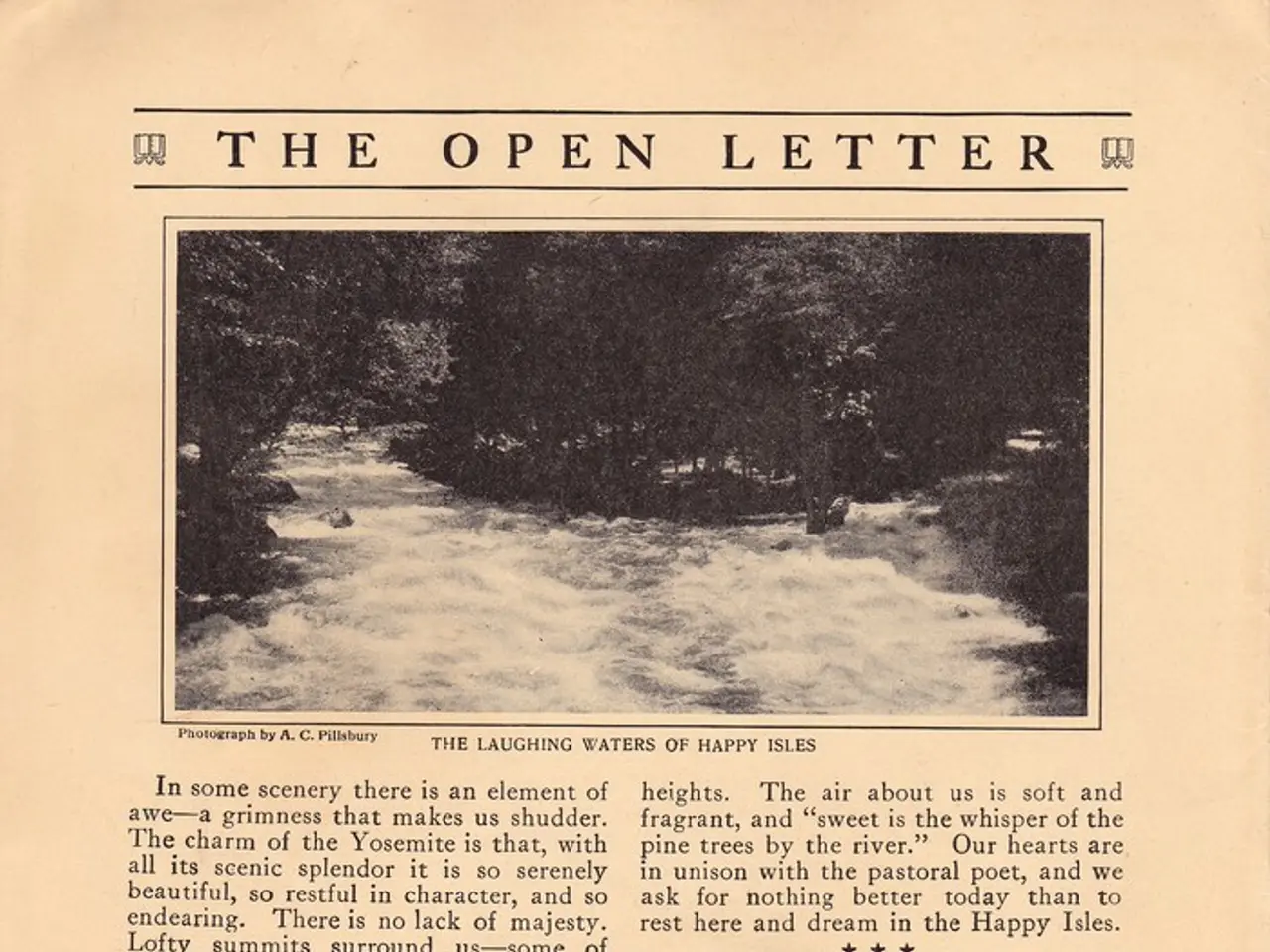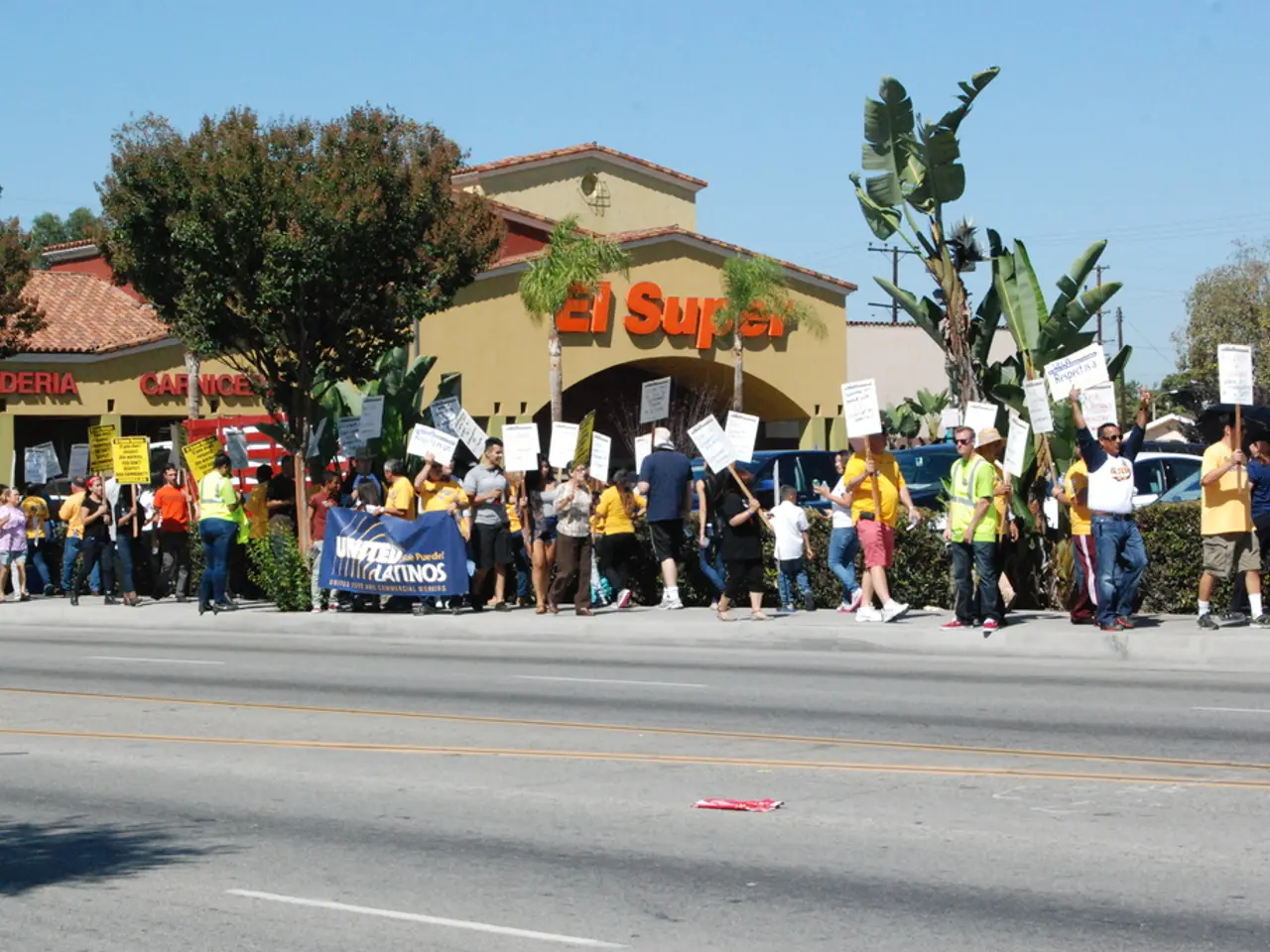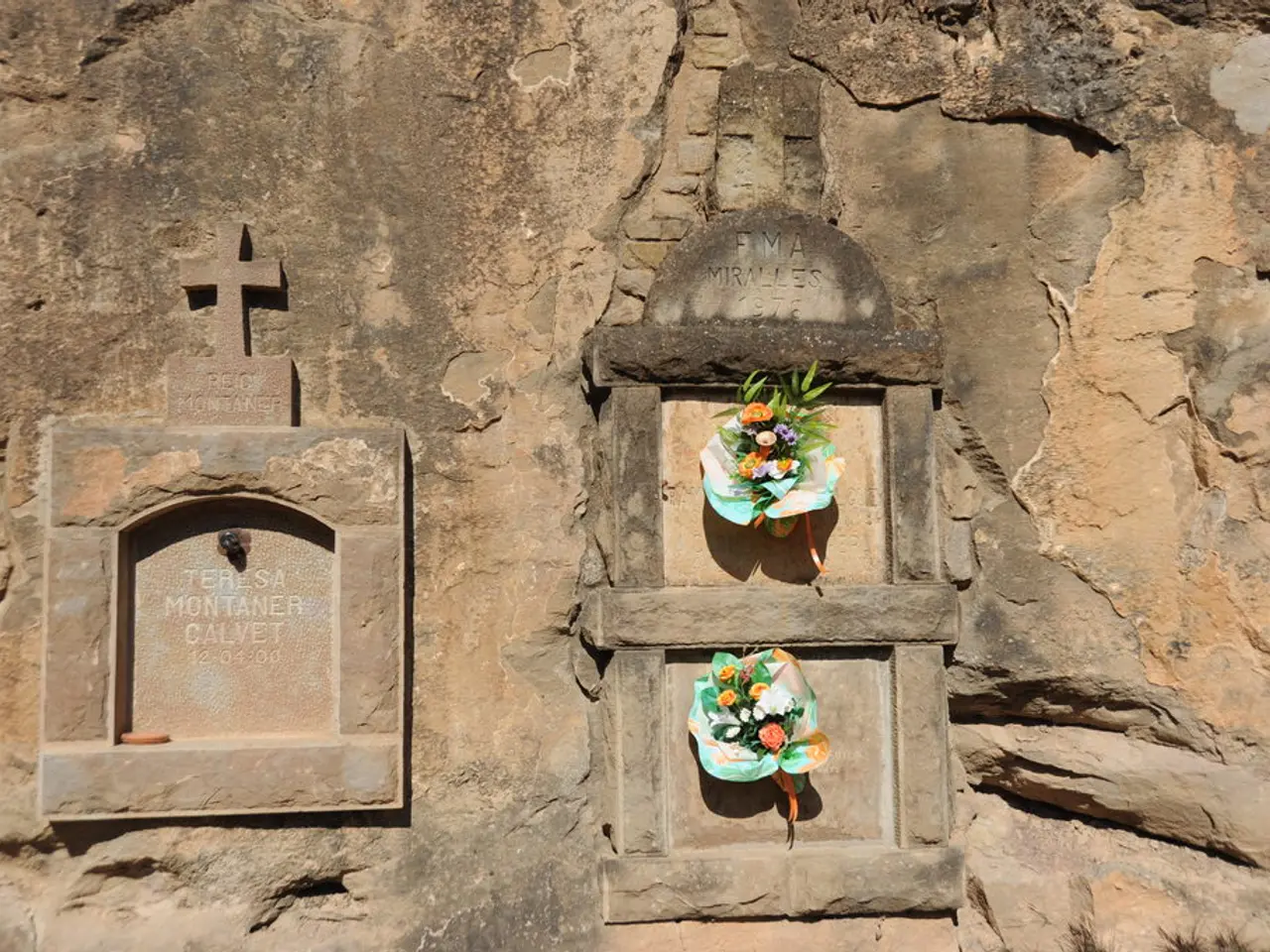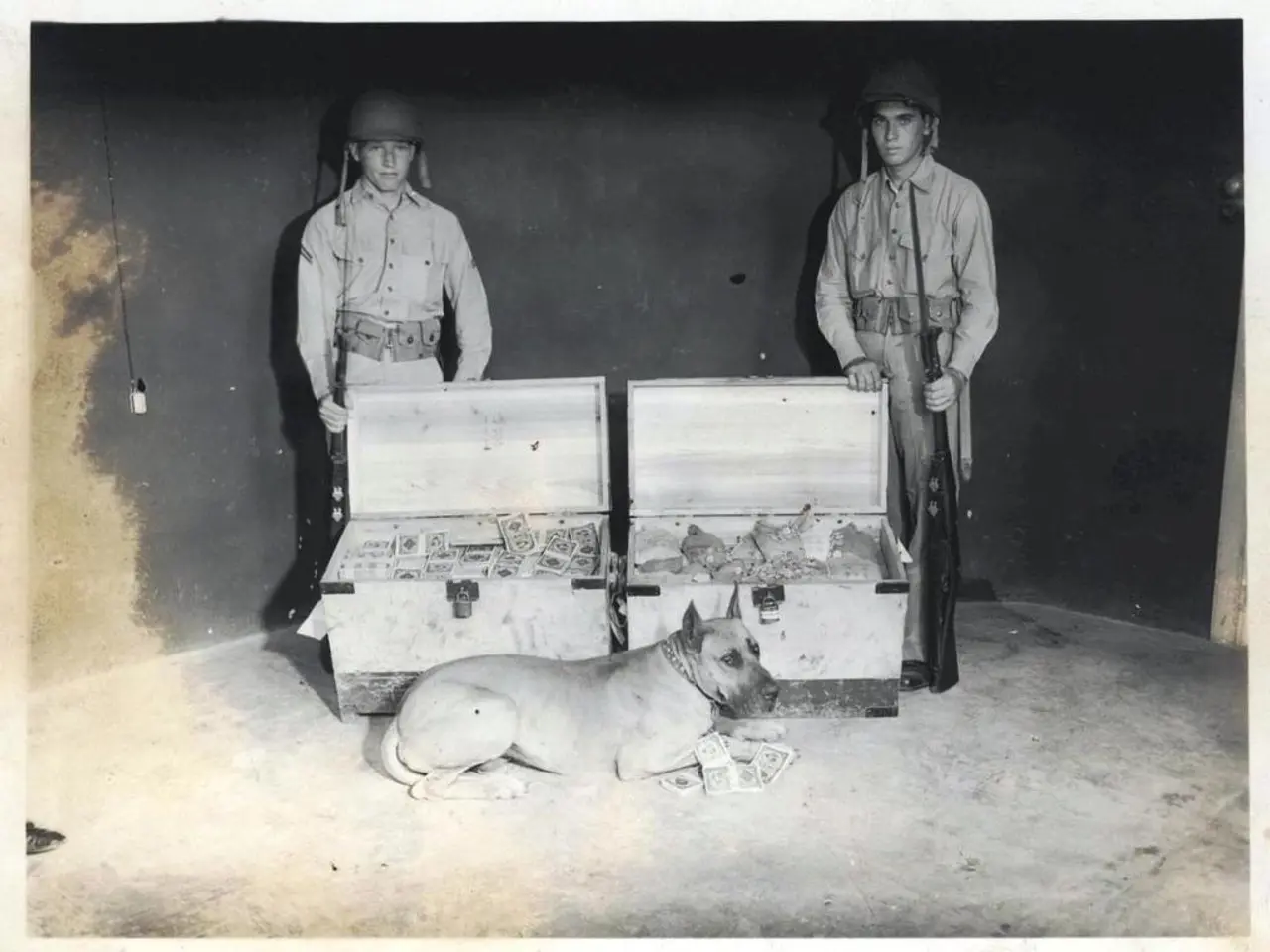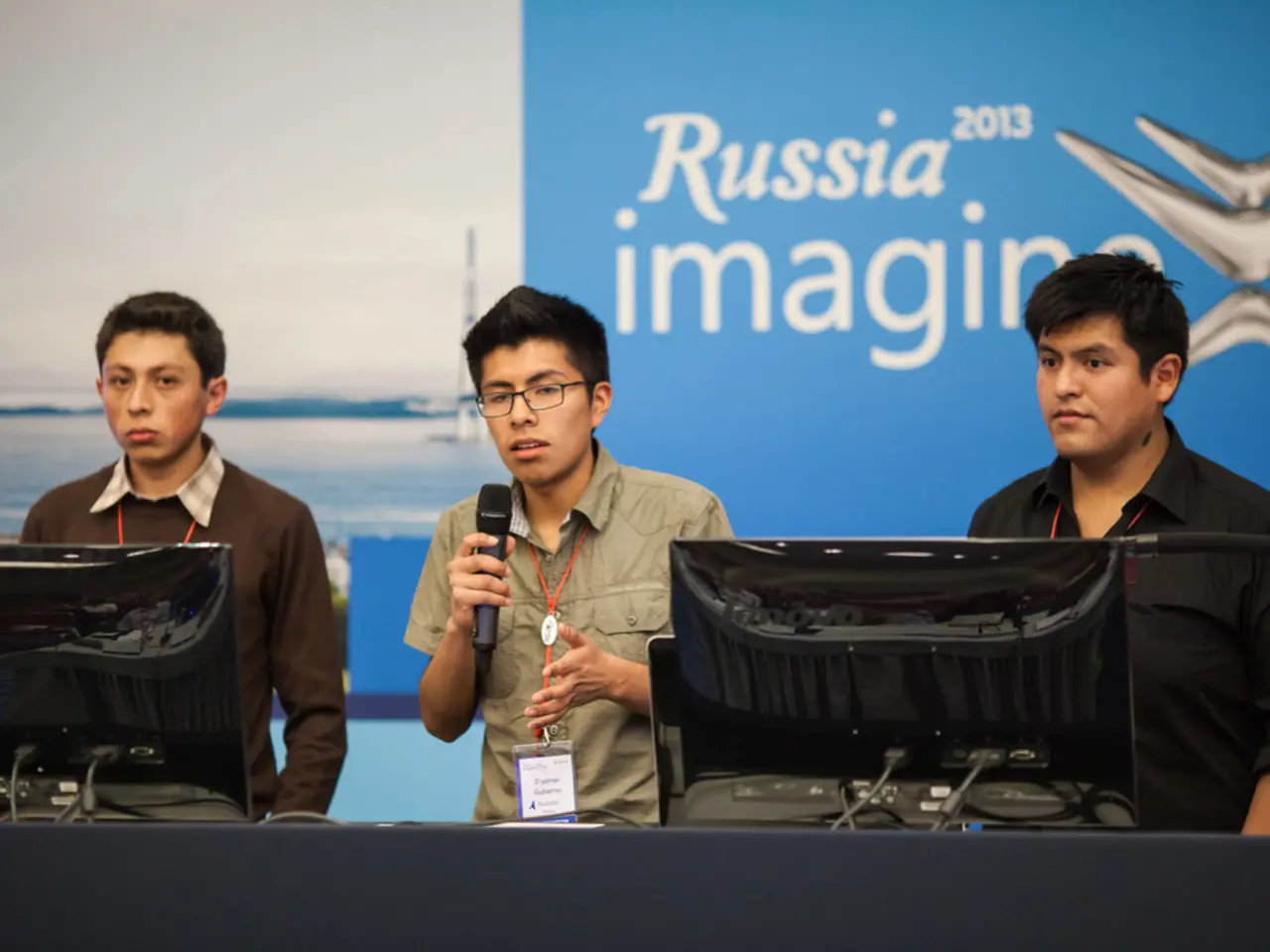West Bank Witnesses Potential Mass Displacement as Israeli Bulldozers Level Through Refugee Camps
In the West Bank city of Tulkarem, Israeli military operations have led to widespread demolition of refugee camps, causing the displacement of tens of thousands of Palestinian refugees since early 2025.
The Tulkarem refugee camp, now undergoing large-scale demolitions as of July 2025, was the first target of these military operations, following an amended Israeli Supreme Court decision issued on July 3, 2025. The ongoing operations have severely damaged infrastructure, destroying homes and entire neighbourhoods, making the camps largely uninhabitable.
As a result, the camps have been sealed off and inaccessible to residents. Displaced families have been forced to flee and live in nearby towns and cities under difficult conditions. Palestinian authorities report that hundreds of families have already fled from at least 104 homes ahead of the demolitions. Many of these families are struggling financially, relying on humanitarian aid such as EU-funded cash assistance coordinated by UNRWA to cover urgent housing, food, and basic needs.
The ongoing demolitions and forced displacement in Tulkarem and other camps pose a significant challenge to the "right of return" for Palestinian refugees, as recognised under international law. The destruction of homes and sealed access to the camps effectively prevents displaced Palestinians from returning to their original residences, exacerbating the uncertainty and hardship faced by refugees seeking to maintain their connection to their homes and lands.
Residents of Tulkarem's refugee camp fear that the demolitions could threaten their refugee status and the right of return to their ancestral lands. Abd al-Rahman Ajaj, a displaced resident of Tulkarem camp, returned to find his house demolished without any notice. Thousands of people have been displaced from several cities, including Tulkarem, with at least 40,000 people affected according to U.N. figures.
The Israeli army's bulldozers have created three wide arteries of concrete in Tulkarem camp, allowing easy access for the army. Many residents believe Israel is seeking to destroy the idea of the camps themselves, turning them into regular neighbourhoods of the cities they flank. Suleiman al-Zuheiri, an advocate for residents of Nur Shams camp, stated that the aim is to erase the national symbolism of the refugee camp and eliminate the refugee issue and the right of return.
The Israeli Supreme Court has frozen the military order for mass demolitions in Tulkarem camp, giving the state two months to answer a petition against them. However, the army plans to demolish 104 more buildings in Tulkarem camp this week as part of an operation launched in January.
The current Israeli government, particularly its far-right ministers, are opposed to the demand for return, viewing it as a demographic threat to Israel's survival as a Jewish state. Residents of Tulkarem camp are retrieving belongings from the camp under the surveillance of Israeli troops, while gunshots and explosions continue. The situation continues to contribute to the ongoing humanitarian crisis and the complex politics surrounding the Palestinian refugee issue.
- The international community is closely monitoring the ongoing demolitions and forced displacement of Palestinian refugees in Tulkarem, as it raises concerns about the right of return and complicates the broader political landscape in the world, particularly in the context of war-and-conflicts and Middle East politics.
- Amidst the general-news headlines, the World is witnessing the challenging humanitarian situation faced by refugees from Tulkarem, who are relying on international aid, including EU-funded cash assistance coordinated by UNRWA, and are struggling to maintain their connection to their homes and lands, as the Israeli military operations continue to impact their livelihoods and status.
